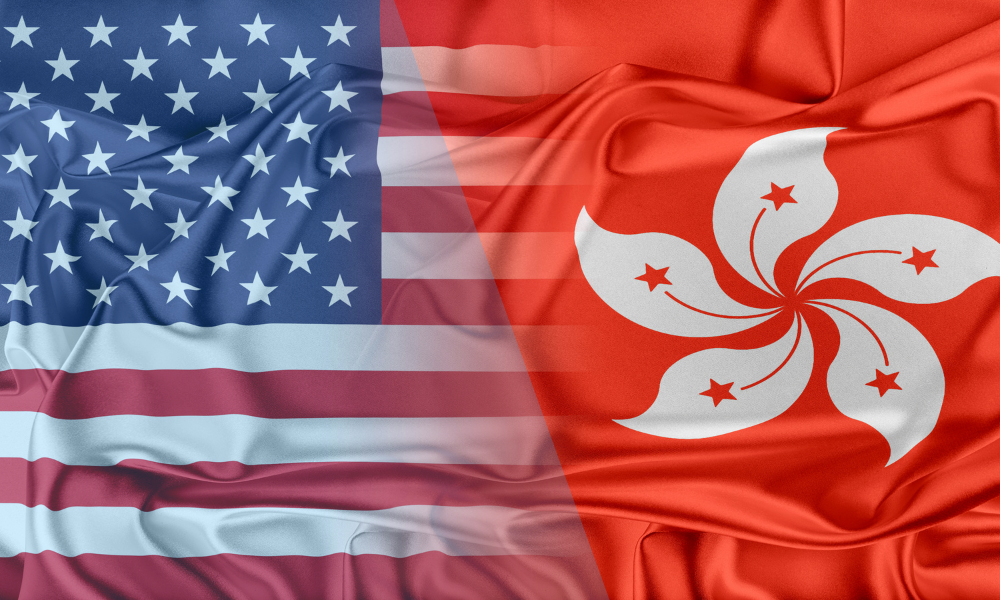
In July 2018, Tara Joseph, president of the American Chamber of Commerce in Hong Kong, wrote an article in the best-known local English-language newspaper, the South China Morning Post, stressing to Americans the territory’s unique position as an Asian business hub.
“The US is forgetting the differences between Hong Kong and China. Let’s remind them,” she wrote. “Hong Kong continues to have a robust and hearty infrastructure of values, practices, and institutions that could not contrast more starkly with those of the mainland system.”
Now, packing up and leaving the city after more than 20 years there, Joseph listed “dizzying changes” since that op-ed. In 2019, the “anti-extradition bill protests kicked things off … then we had worsening US-China relations … now there’s Covid.”
For Joseph, Hong Kong’s stringent zero-Covid rules were the final trigger for her departure. She joins a growing list of American ex-pats who have either left the territory or are pondering going.
According to a recent survey by the American Chamber of Commerce, 44% of members were thinking of leaving Hong Kong due to the territory’s strict pandemic rules. Of the companies surveyed, 26% said they were considering relocation.
“One of the things that are really hurting at this point is there seems to be no light at the end of the tunnel,” Joseph said.
The administration of Carrie Lam, the territory’s chief executive, has insisted that its coronavirus rules will not affect Hong Kong’s standing as a business hub. But Willie Walsh, director-general of the International Air Transport Association, said last month that travel restrictions were leaving the territory “increasingly isolated”.
Yet for many Hong Kong-based businesses, the Covid-induced separation is just the latest in a series of complications they have faced.
Since Beijing imposed the national security law in the summer of 2020, executives say there has been a growing sense of uncertainty among businesses, both local and foreign.
The authorities insist the law brought the territory “back on the right track” following months of street protests in 2019 and was necessary to ensure the national security of China.
The law matches a series of crimes including secession, subversion, terrorism, and collusion with foreign forces, with penalties as severe as life in prison. Opponents have criticized its broad scope as “draconian”.
Alina Smith (not her real name), a senior executive from the US, said that although the law does not directly affect most firms, the aftermath of its passage has created more uncertainties in the operating environment and had left firms facing “a very special conundrum”.
Smith has been living and working in Hong Kong for more than a decade. She said that until recently, the business community there did not have to worry too much.
“We were able to put our heads down and do business. Now, we have to play all sides,” she said. “But this is a mission impossible, and you also don’t know where the line is these days.”
More than three years of protests, the national security law’s imposition, and Covid restrictions have had their effect on Hong Kong’s once freewheeling business community, Smith added.
“And in particular for those who also operate in China, you have to toe the government line. But the irony is that if you toe the Beijing line, Washington will be unhappy.
| Trendy News: $1.4 Trillion? Big Tech’s Pandemic Year Produces Mind-Boggling Financial Results |
“So what are you going to do? Well, just don’t say anything … Meanwhile, we are watching more of our friends leave because the territory has changed. As some say, ‘It’s now not a question of whether, but when.’”